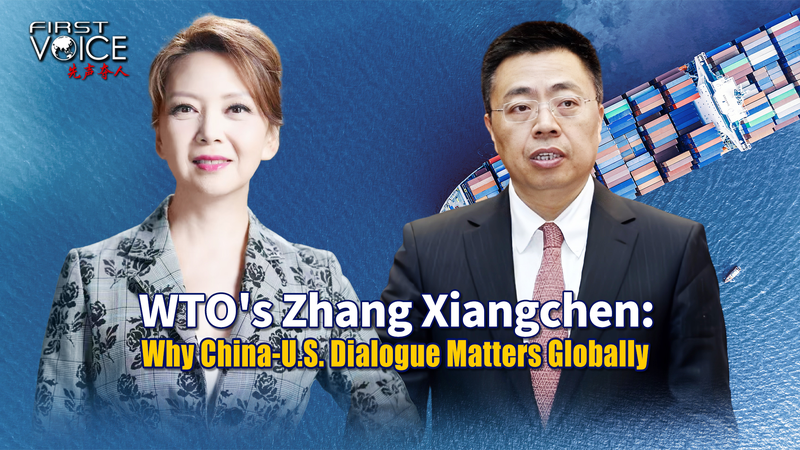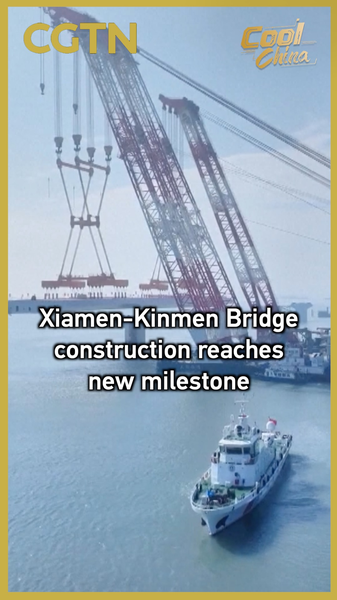Why Global Trade Hinges on Constructive Dialogue
In Madrid this week, China and the U.S. sit down for in-depth trade talks. WTO Deputy Director-General Zhang Xiangchen explains why their discussions matter far beyond bilateral tariffs. As the world's two largest economies, their relationship can ease or amplify global tensions.
“If Elephants Fight, the Grass Will Suffer”
Zhang told CGTN's Tian Wei: “If elephants fight, the grass will suffer.” He warns that smaller nations often bear the brunt of trade disputes—facing supply chain snarls, price volatility and stalled development when major powers clash.
Non-Discrimination: The WTO's Bedrock Principle
Central to the WTO's mission is the non-discrimination principle: every member, whether large or small, should receive equal treatment. Upholding this rule ensures vulnerable economies can compete on a level playing field and helps keep the multilateral system alive.
Why You Should Tune In
- For entrepreneurs and tech enthusiasts, stable trade means predictable markets and smoother expansion into emerging regions.
- For thought leaders, a strong WTO encourages global cooperation on sustainability, human rights and fair policies.
- For digital nomads and travelers, reliable trade underpins affordable goods, robust services and vibrant cross-border connections.
As the Madrid talks progress, all eyes are on whether China and the U.S. can forge a path that benefits not only their own economies, but the world at large.
Reference(s):
WTO's Zhang Xiangchen: Why China-U.S. dialogue matters globally
cgtn.com


